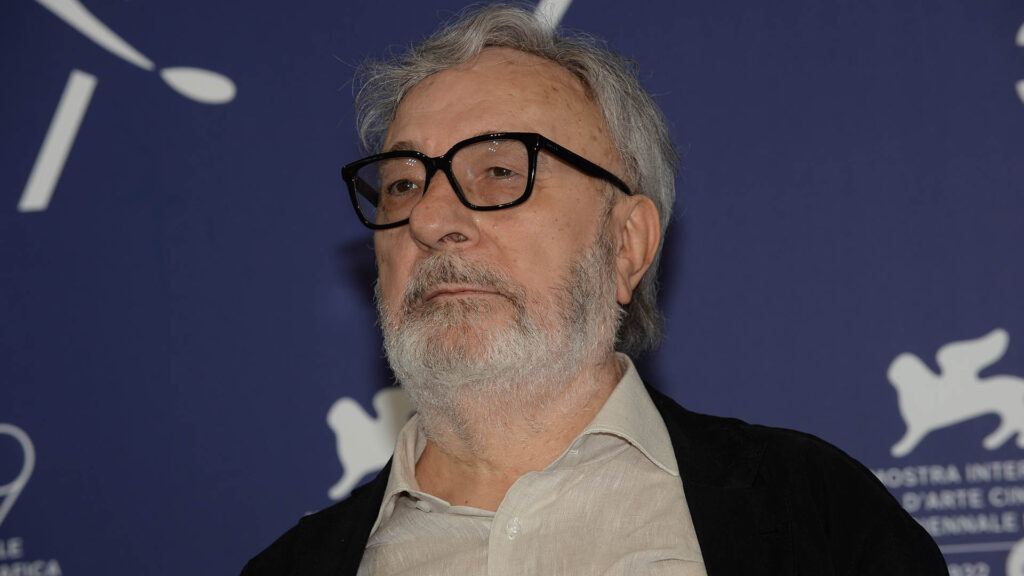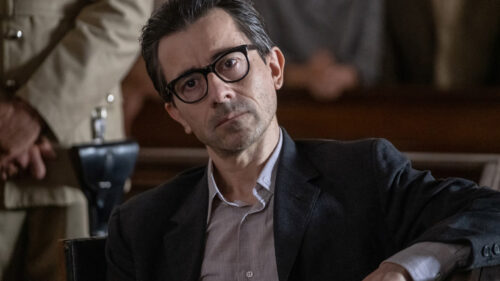
Gianni Amelio at the Venice Film Festival is a journey back home – Venice has often recognized Amelio’s art, not only with awards. Once again, this very humanistic director (a philosophy major), who also trained in various roles a film professional, created a piece of art centred on difference, or better, diversity – if we even can aspire to define a paradigm of normalcy. The film is about the awful human and judicial story of Aldo Braibanti, a communist educator, gay man, and ant scholar, whence the film’s title. Each of these may, on its own, place him in the ‘different’ category, especially in the intolerant, narrow-minded Italy of the time, and works to make this film another chapter in the compendium of suffering humanity that is present in Amelio’s filmography.
Often attached to neo-realism for the vividness of his images and the depth of his character, Amelio goes beyond categories and effortlessly adds international accessibility to his stories: just think of Camus’ pages that inspired his alter ego in The First Man or in Lamerica. We have been familiar with these faces for decades, and yet at the time they were foreign (‘different’) enough as were southern-to-northern-Italy migrants in The Way We Laughed. The constant references to fathers and father figures (like the judge in Open Doors) seems to imply that absence will demand a price later in life.

Inspired by real-life events – the story and legal troubles of poet and dramatist Aldo Braibanti – that took place in Italy in the late 1960s, the film depicts Braibanti’s trial. He had been accused of psychologically forcing into submission a student and friend of his, ...
Amelio’s debut film divides critics and audience. An empathic, impartial eye on a story set during Italy’s Years of Lead. Father and son confront one another in political and personal terms.
A crime story in fascist Italy hides social issues: in the ensuing trial, a strict judge (Gian Maria Volonté) does what he can, in vain, to oppose sentencing a defendant to death. Novel and screenplay by Leonardo Sciascia.
Italians used to be emigrants, not it is other peoples risking their all to immigrate to Italy. Misery and nobility push forward a plot of exploitation and compassion. Not much of good came out of that historical period, and the film reminds us that nemesis is always lurking around the corner.
No miracle takes place in Turin – the usual southern Italian, ugly and dirty, maybe not evil but certainly out of place in every sense. A Golden Lion at Venice for a story that has nothing to laugh about.
Life, transformation, and death of an Italian politician masterfully interpreted (‘reinvented’ fits even better) by Pierfrancesco Favino. Given the film’s subject matter, controversy naturally ensued. Gianni Amelio is an impartial observatory, he works with images and that’s enough.